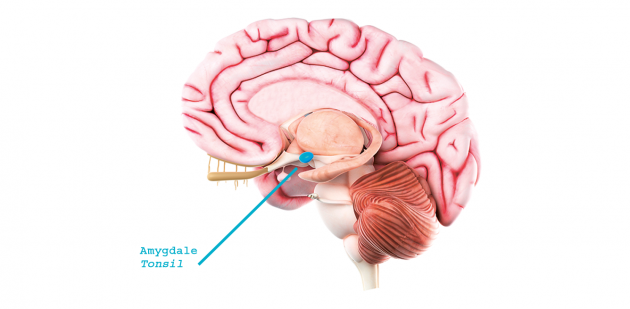NEUROSCIENCES The Neurobiology research unit was just awarded funding for two unique projects.

What neurobiological mechanisms are responsible for fear and anxiety?
How are our bodies’ reactions and fear thresholds regulated?
It’s this type of question that the Neurobiology research unit at the Psychiatric neuroscience centre, directed by Dr Ron Stoop, tries to answer.
Two of the unit’s projects obtained funding. The first, which received support from the Commission for Technology and Innovation (CTI), seeks to test the effectiveness of new oxytocin receptor molecules used to treat anxiety and some autism spectrum disorders. The effects of these components, which were developed by the company Roche, will be compared with the effects of oxytocin that is naturally produced in the brains of rodents, especially in the areas Tonsil of the brain affected by anxiety, fear and social behaviour.
The second project received funding from the European Community via the Marie Curie Fund and involves translational research between clinicians at the Lausanne University Hospital University Service of Advanced Age Psychiatry (SU- PAA) and researchers at Cape Town University. The aim is to test if hyper-anxiety experienced by Alzheimer’s patients is caused by a neuro-degeneration of the amygdala, which is a part of the brain that is especially active during periods of stress.